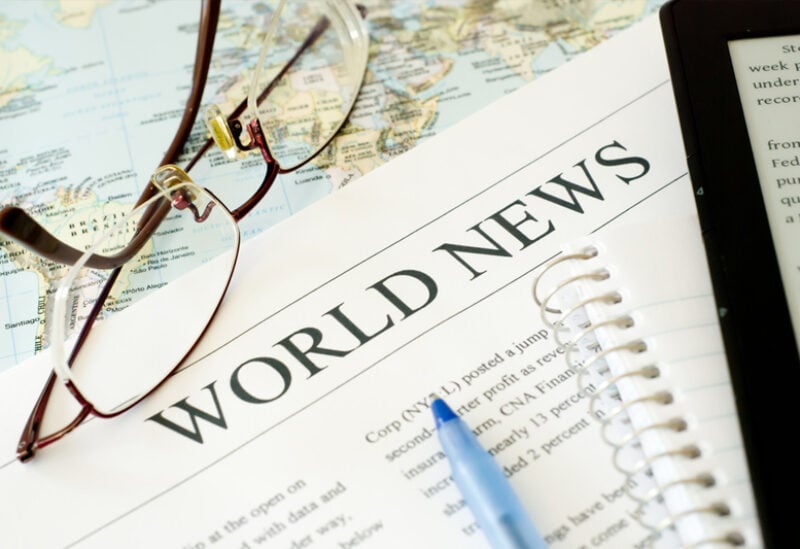
World News
Liesje Schreinemacher, the Dutch minister of commerce, stated on Friday that the Netherlands and the United States are in discussions over new export limitations for semiconductor equipment to China.
Since 2018, the Dutch government has refused to grant the nation’s largest company, semiconductor equipment maker ASML Holdings NV, licenses to export its most cutting-edge machines to China because they are regarded as “dual use” equipment with potential military applications. This decision was made in response to pressure from the United States.
New U.S. export restrictions on chip equipment announced in October reach beyond currently agreed international definitions of what constitutes dual-use equipment.
“Well we are having talks with the U.S., obviously they have announced their unilateral measures,” Schreinemacher told reporters in Brussels.
“I cannot really comment on what would be acceptable for the Netherlands. Obviously we are weighing our own interests. Our national security interest is of the utmost importance.”
While ASML machines are made in Europe with few U.S. parts, U.S. Commerce Secretary Gina Raimondo on Nov. 3 said she expects allied countries including the Netherlands to follow U.S. policy.
“We do share the concerns that they (the U.S. government) have when it comes to China, when it comes to security,” Schreinemacher said.
“Already our companies are being harmed by that (previous) export restriction, but I believe for the right reasons, as I said before, because of national security interests.”
In 2021, ASML sold almost 2 billion euros ($2.08 billion) worth of goods to China, accounting for roughly 16% of its overall sales. On November 11, CEO Peter Wennink downplayed the effect of a hypothetical total export restriction, claiming that if it materialized, it would not have an influence on ASML’s growth through 2030.
Chinese President Xi Jinping urged Dutch Prime Minister Mark Rutte to oppose “the politicization of economic and trade issues” at the G20 summit in Bali.